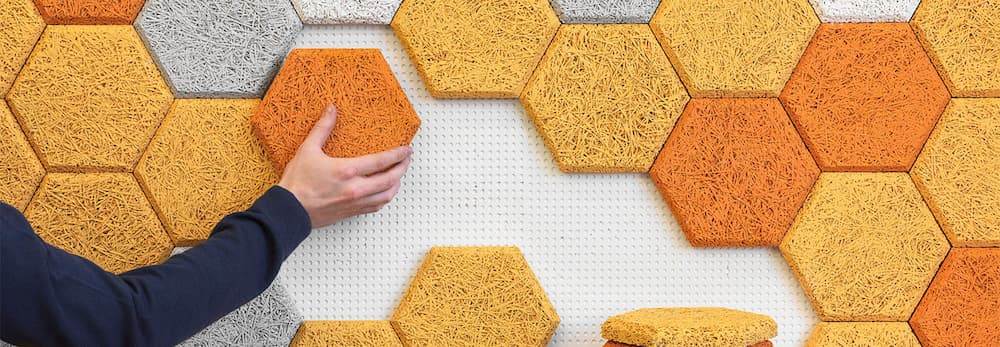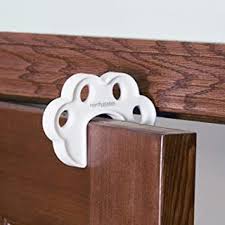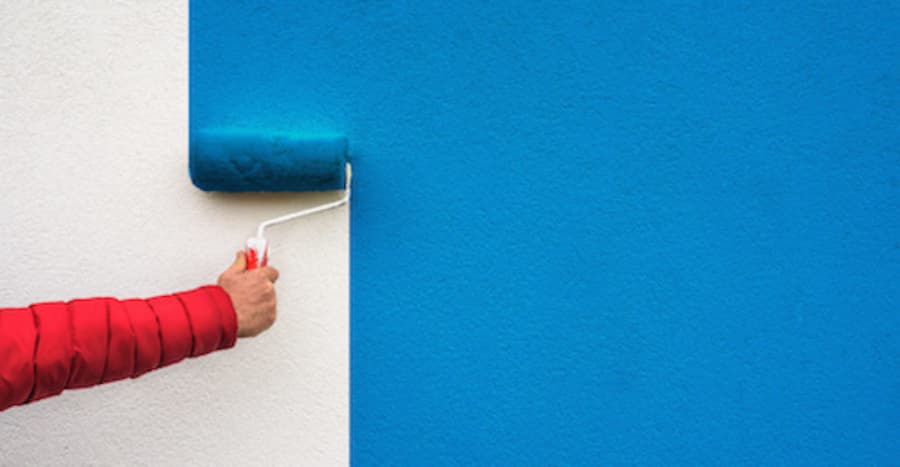Cork Sound Absorption: The Most Natural Soundproofing
When you are looking for a natural material to help with soundproofing, cork is a great option. Cork is made from the bark of the cork oak tree, and it has many properties that make it ideal for this purpose. In this blog post, we will discuss how well cork absorbs sound and how thick it should be for best results. We will also look at whether or not cork underlayment can be used to soundproof a room.
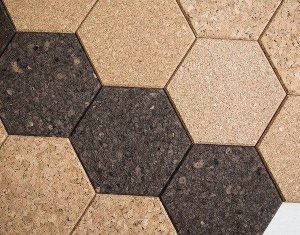
Why Cork absorb Sound well?
Cork is an excellent sound absorber because of its honeycomb structure. Cork cells are filled with air, and when sound waves hit them, the air inside the cells vibrates, which absorbs the sound.
The thickness of cork also affects its sound-absorbing ability. Thicker cork will absorb more sound than thinner cork. And while cork underlayment can help reduce noise transmission through floors, it’s not as effective at absorbing sounds as other materials like acoustic panels or insulation.
If you’re looking for a natural material that does a great job of absorbing sound, cork is a good option. It’s eco-friendly, durable, and available in a variety of thicknesses to meet your soundproofing needs.
Does Cork reduce Impact Noise?
Cork flooring is excellent at absorbing sound. Its open design and soft composition result in a noise reduction coefficient of 0.7, which means it absorbs 70% of airborne and impact noise when used correctly. A thin 3mm layer of cork may reduce sounds by up to 10dB when applied correctly.

Corks are good for walls since they absorb around 40% of the sound in the human voice’s frequency range. Cork deadens vibration and sound transmission by absorbing noise rather than reflecting it like a hard solid surface. Corks will also prevent echo noises from occurring.
How thick should Cork be for Soundproofing?
You also need to know how thick cork should be in order for soundproofing to be effective.
The thickness of cork also affects its sound-absorbing ability. Thicker cork will absorb more sound than thinner cork. And while cork underlayment can help reduce noise transmission through floors, it’s not as effective at absorbing sounds as other materials like acoustic panels or insulation.
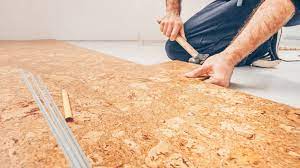
For efficient soundproofing, the cork must be at least 3 millimeters thick and provide a 10-13 dB noise reduction. To improve soundproofing and offer a 23 dB decrease in noise, double the thickness to 6 millimeters.
Main types of Cork
Cork comes in different forms and each type has a unique set of benefits. The three main types of cork available on the market are:
- Sheets
- Tiles
- Panels
Cork sheets are the most common type used for soundproofing. They’re easy to install and can be cut to fit any space. Cork tiles are another popular option and can be used on floors, walls, or ceilings. Cork panels are larger than tiles and sheets and are typically used in commercial spaces like offices and restaurants.
Cork Sound absorbing panels
Cork sound absorbing panels are one of the most effective ways to reduce noise in any room. The panels are made from a material that is very dense and has a honeycomb structure. This combination makes them extremely effective at absorbing sound waves. The panels can be used on walls, ceilings, or floors. They’re easy to install and can be cut to fit any space.
No matter what type of cork you choose, you’ll enjoy its sound-absorbing benefits. So if you’re looking for a natural way to reduce noise in your home or office, cork is a great option.
Cork Soundproofing: Good for Walls and Underlayment
Cork underlayment can help reduce noise transmission through floors, but it’s not as effective at absorbing sounds as other materials like acoustic panels or insulation blankets.
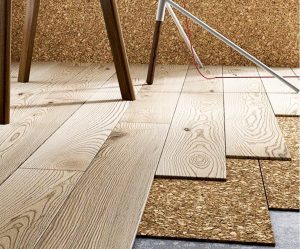
Cork is great for walls soundproofing because of how well it absorbs sound. Cork deadens vibration and sound transmission by absorbing noise rather than reflecting it like a hard solid surface. Corks will also prevent echo noises from occurring. To be efficient, the cork must be at least three millimeters thick and provide a ten to thirteen dB noise reduction. For improved soundproofing, use cork that is six millimeters thick to achieve a twenty-three dB decrease in noise.
If you’re looking for an eco-friendly way to reduce noise in your home or office, cork is a great option. It’s durable, available in different thicknesses, and does a great job of absorbing sound.
In the End
If you’re looking for a natural way to reduce noise, cork is a great option for soundproofing your home or office. CIt’s durable, available in different thicknesses, and does a great job of absorbing sound. We hope our blogpost will hep you to make a decision! Thanks for reading!

